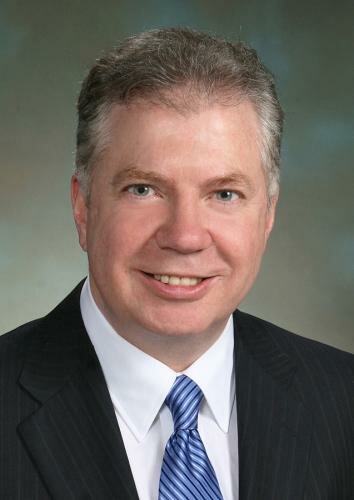
The Neighborhood Safe Streets bill is back, says KIRO Radio’s Kim Shepard, saying there’s a “big push” to get it voted on this legislative session. The bill would allow municipalities across the state to lower speed limits on city roads to as slow as 20 mph without commissioning engineering and traffic studies (whose costs rise with the number of intersections involved). As the bill’s title indicates, the focus is on neighborhood pedestrian safety.
The bill applies specifically to nonarterial streets in residential or business districts, so the change in most cases would be just five miles per hour, to 20 from 25 mph. What’s the big deal? Here’s our earlier explanation:
It seems picayune. What difference could five miles per hour make? It turns out to be life-and-death, because the relationship of fatalities to speed is not linear.
Someone hit by a car traveling at 40 miles per hour has an over-80-percent chance of being killed. At 30, it’s still 37 to 45 percent. But at 20, it’s just five percent. The key factors are stopping time and response time–at 20 miles per hour, the driver is in control of their car, and can stop before hitting someone. As you increase speed, you have less time to respond, while stopping distance increases.
If a municipality wants to lower the speed limit on a stretch of state road, they’ll have to petition the state secretary of transportation. Studies will still be required for any increase in an existing speed limit, except that any newly lowered limit can be returned to its original state within one year.
It may seem like common sense to allow towns and cities this decision, but the bill got nowhere last session. This session, SB 5066 is being sponsored by Senators Billig, Litzow, Eide, Frockt, Rolfes and HB 1045, by Representatives Ryu, Angel, Moscoso, Clibborn, Upthegrove, Fitzgibbon Liias, Pedersen, Stanford, Farrell, Morrell, Pollet, Bergquist, Fey. Shepard says the House Committee on Transportation is giving the proposed legislation its first hearing this afternoon.


